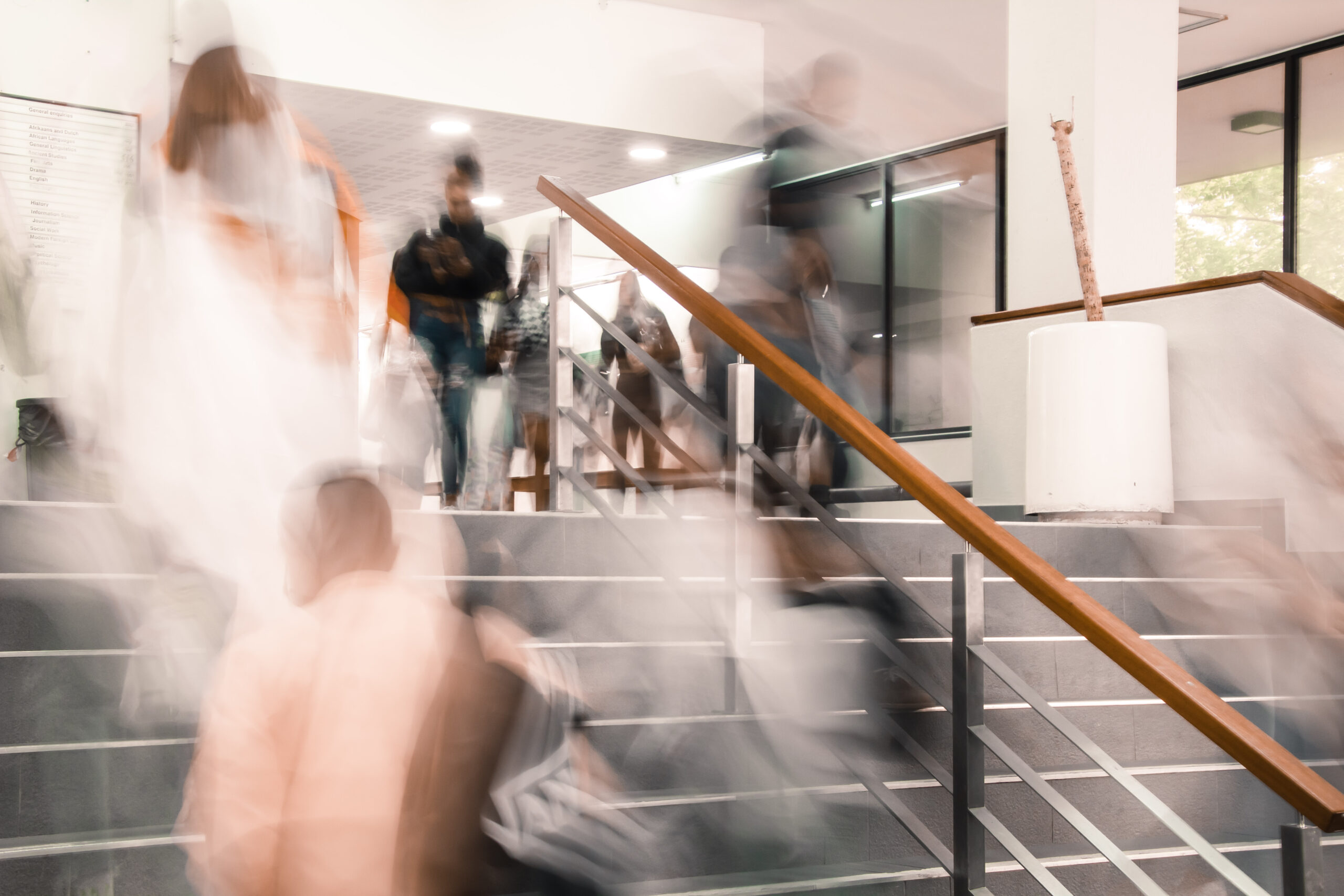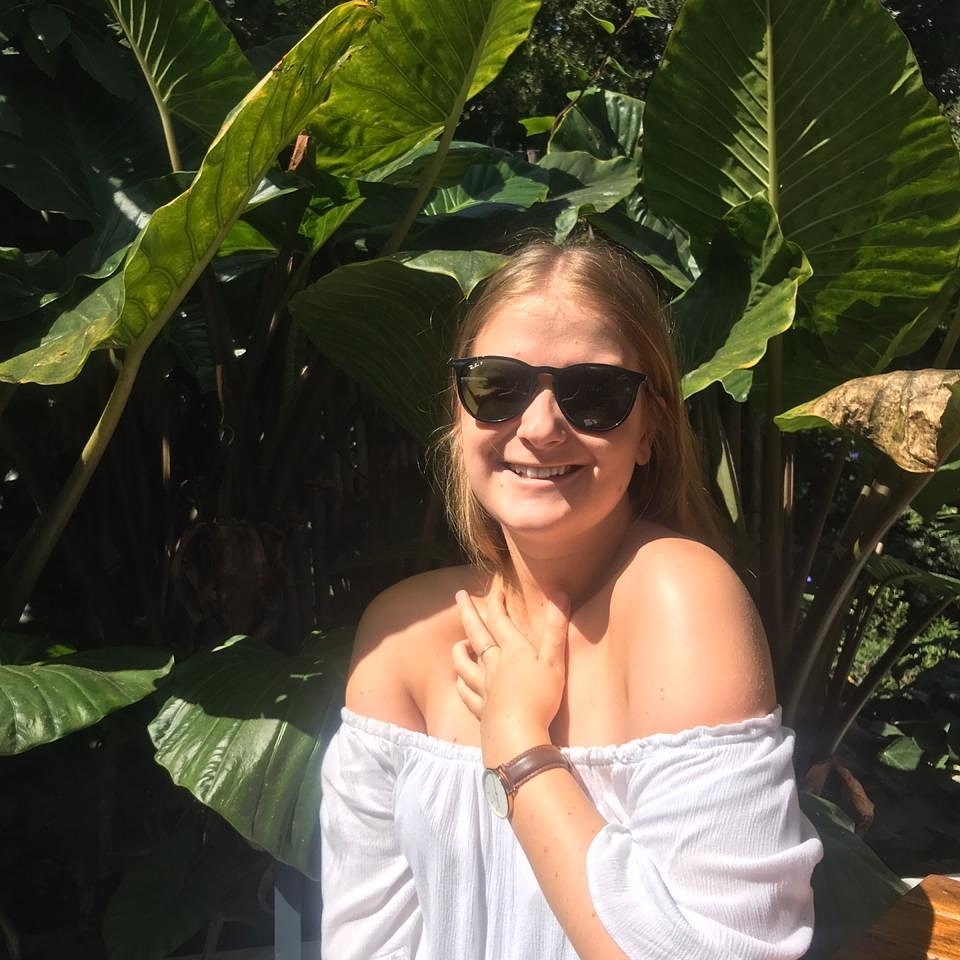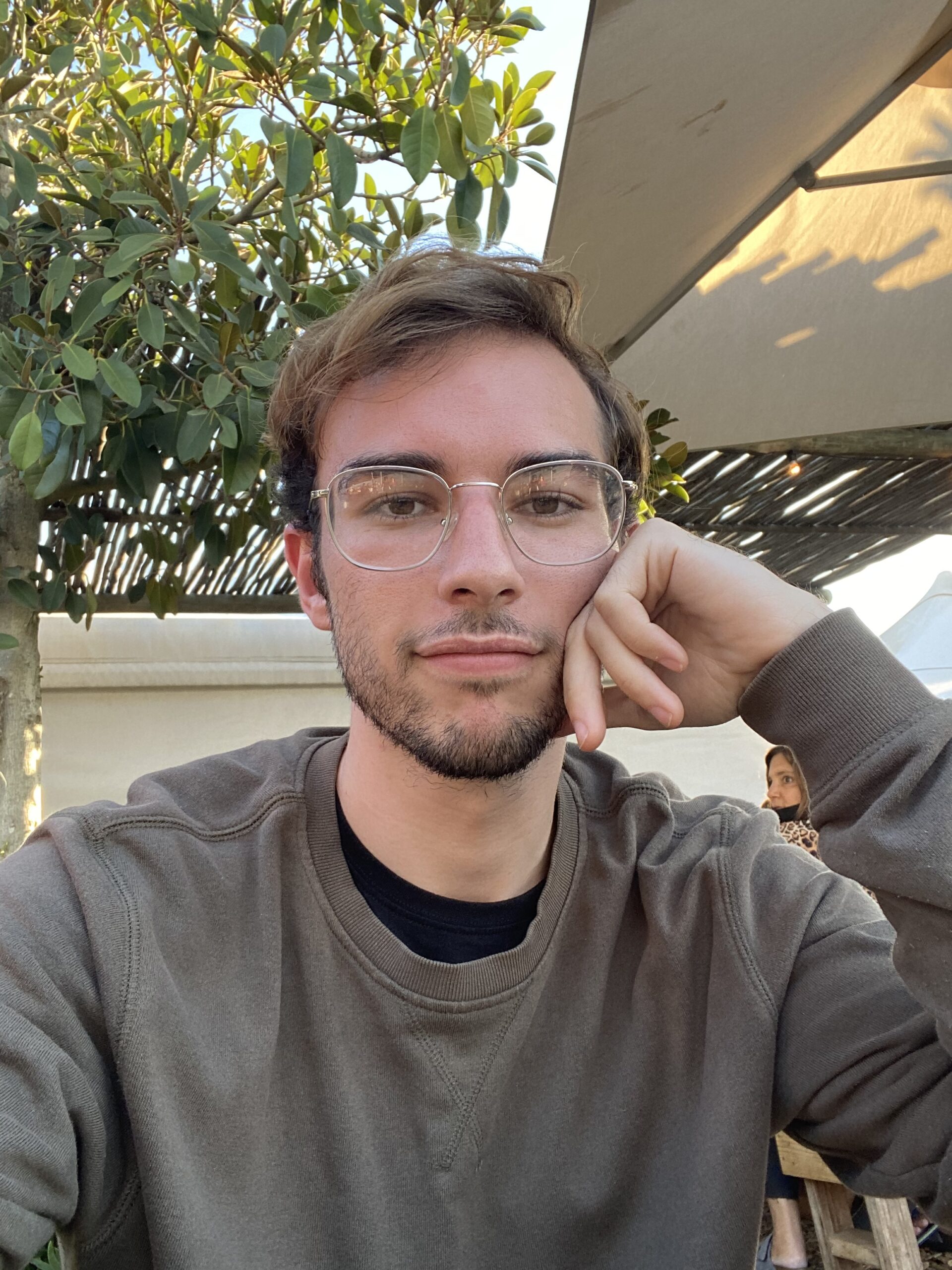BY DILLON HENWOOD
There is a resounding fixation on police brutality and the protection of black lives following the death of George Floyd by police officers in the United States of America. Although the world is rightfully protesting the violence toward and murder of black people, there is another equally unrelenting matter that is perpetuating, but which garners little attention.
Of equal importance to the protection of black lives is the defence of black livelihoods.
Racism is not limited to the brutality we can observe in the videos flooding everyone’s Facebook timelines, but has also adopted a concealed form to satisfy the indulgence of political correctness.
Covert racism is a form of discrimination that is less perceptible, as it is concealed in the fabric of societal ways. Merely having a name that sounds “black” can lead to a person being denied an interview.
People argue away the relevance of #BlackLivesMatter by drawing untenable comparisons of violence by black people toward other races. These are the same people who hold their own racist views, and support them with non-racially based rationales that society is more willing to accept. They also tend to use the #AllLivesMatter slogan to remove the focus from racial injustice and to invalidate the severity thereof.
#BlackLivesMatter is not only about violence. Incidents of everyday discrimination have a cumulative impact on an individual’s psychological state, and hamper on the livelihoods of black people on an incomprehensible level.
Society expects universal conformity, by all races, to socially-acceptable behaviour, yet overlooks the motivations of nonconformity. Black people experience multiple incidents of racism on a daily basis, and are murdered for expressing their indignation when they can no longer remain tolerant to the oppression.
The incidents of covert racism black people endure daily do not often appear in our newsfeeds as they are more difficult to demonstrate than capturing a video of police brutality.
In the context of the workforce, Ontario Human Rights Commission reports that black people are less likely to be “hired, trained, mentored and promoted than white people”, irrespective of qualification and ability. Black people are subjected to “more performance monitoring than white people, and when a common mistake is made, black people are more likely to be fired than white people”.
Professor Quillian, a Sociologist at Northwestern University, explains that when a company needs to cut costs, black people are almost always the first to be retrenched, reducing their job security and ability to acquire credit, such as a mortgage loan.
“Black people are 3 times less likely than white people to be granted a home loan, despite evidence of affordability. Black people are more likely to be turned away as tenants, and less likely to be granted equal access to maintenance and repairs on their residences.”
Eight police departments in the United States reported that 40% of stops and searches are performed on African Americans while the race only comprises 12% of the USA’s population. “They are also 59% more likely to have force used against them during an arrest,” they added.
Epidemiologist Ziad Obermeyer revealed rampant racial bias in healthcare systems when he developed an algorithm to analyse medical records. The large-scale study indicated that only 17.7% of black people were prescribed the same medical treatment as white people for the same health conditions, while the rest received less effective treatment alternatives.
A black person who has a rural or “black-sounding” accent is 11 times less likely to be hired in comparison to a black person with a “white-sounding” accent, according to Linguistic Profiling Professor, John Baugh.
American Civil Liberties Union contended that black people are 15 times more likely than white people to receive the death penalty for the same offences. “On average, African Americans are 7 times more likely to be incarcerated than white people, and also receive 10 months more prison time than white Americans for the same crimes.”
In a social experiment conducted in the USA, where actors pretended to trip and fall, the white actors were 8 times more likely to be assisted by passers by than the black actors.
All these harsh inequalities impinge on black livelihoods, and perpetuate simply because they do not possess the skin tone desirable for a racist’s bigoted belief systems.
Apartheid and slavery relegated black people to a subclass of human existence. Has that truly ended?
Or has it simply become covert?
However amicable the intention, hashtagging mildly-encouraging slogans will not undo or circumvent racism. We need to call for radical, sustainable solutions that affirm the prosperity of black lives and livelihoods. Questioning the biases we have absorbed over our lifetimes is a good way to start.
*Die Matie supports freedom of speech, meaningful debate and tolerance for differing viewpoints. Pieces that are published on Die Matie’s opinion pages do not necessarily reflect Die Matie’s point of view. Opinion pieces about any topic can be submitted to the editor at diematie75@gmail.com and will be considered for publication. Topics about current affairs will be given preference.



